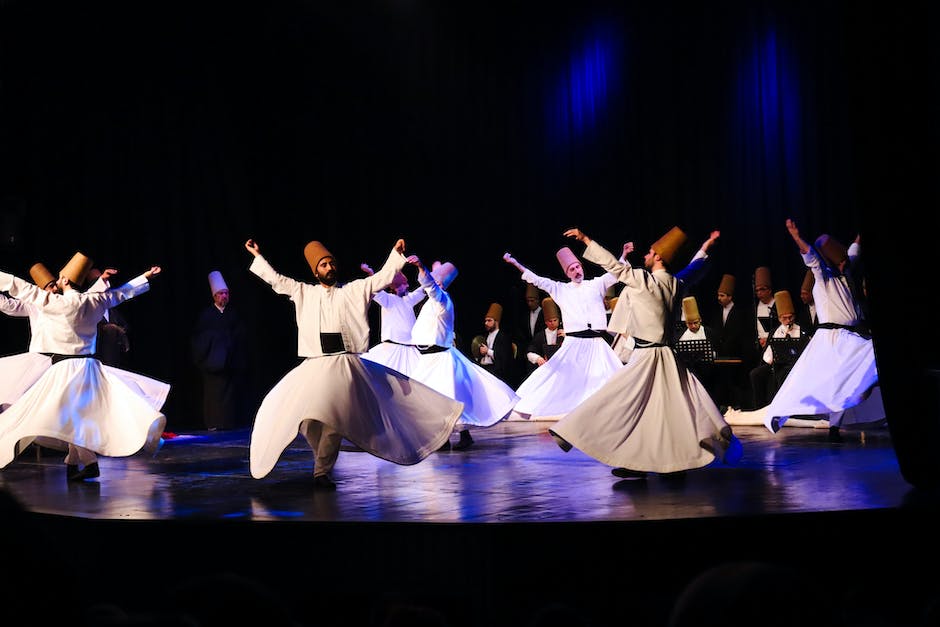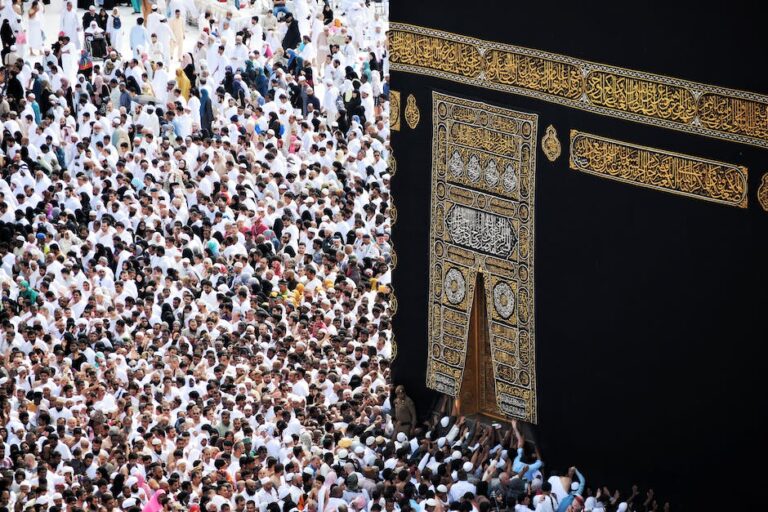Understanding the roots of Qawwali: A Brief History
Qawwali music, a form of Sufi devotional music, is deeply rooted in the Islamic faith and culture of the Indian subcontinent. It is known for its powerful vocals, rhythmic handclaps, and soul-stirring poetry that celebrates the love for God, the prophet Muhammad, and the Sufi saints. Qawwali is performed in regional languages, such as Urdu, Punjabi, and Hindi, and has inspired other forms of music like Bollywood songs.

The origins of Qawwali in Islamic history
The origins of Qawwali can be traced back to the 8th century, where Muslim merchants and missionaries brought Islam to the Indian subcontinent. The practice of Qawwali was established as a way to spread the teachings of Islam and the love of Allah to the masses. Qawwali music originated in Persia and Turkey, where it was known as Sama, a type of devotional music performed in Sufi gatherings. The Sufis were Muslims who believed in experiencing an intimate connection with Allah through spiritual practices.
The influence of Sufi saints on Qawwali
The Sufi saints played a significant role in the evolution of Qawwali music. They were revered for their divine knowledge, piety, and spiritual guidance, and their poetry and teachings were set to music to inspire others on their spiritual journey. Qawwali was considered a form of worship, as the lyrics focused on praising Allah and the prophet Muhammad. The Sufi saints used Qawwali as a way to connect with Allah, and the music became an integral part of their devotional practices.
As time passed, Qawwali evolved to include various musical styles and cultural influences. The essence of Qawwali music, however, remained the same – to express the love for Allah and the prophet Muhammad and to connect with the divine on a deeper level. Qawwali continues to be an important part of the Islamic cultural heritage and a way for Muslims to seek spiritual fulfillment.
Qawwali’s evolution in the Indian subcontinent
Qawwali music underwent many changes and adaptations as it spread throughout the Indian subcontinent. It incorporated a wide range of musical styles and instruments, including harmonium, tabla, dholak, and flute. The introduction of new elements enhanced the beauty and versatility of Qawwali music, making it capable of reaching a larger audience.
Famous Qawwali performers and their impact
Many prominent Qawwali performers have contributed to the development and popularity of the genre. One of the most celebrated Qawwali singers was Nusrat Fateh Ali Khan, known for his powerful vocals and his ability to fuse traditional Qawwali with contemporary music. Other famous Qawwali performers include Sabri Brothers, Aziz Mian, Abida Parveen, and Rahat Fateh Ali Khan, who continue to inspire and attract audiences with their soulful renditions.
The role of Qawwali in spiritual gatherings
Qawwali serves as a vital part of spiritual gatherings in Islam, where believers gather to seek purification, enlightenment, and connect with Allah. Sufi shrines, in particular, serve as a hub for Qawwali performances. The music and poetry aim to awaken the spirit within the listeners, encouraging them to reflect deeply on their spirituality and to connect to the divine. The performers often engage the audience in a call-and-response format, creating a sense of community and unity among believers. Qawwali is not only an expression of faith and spirituality but also a means of promoting peace and harmony in society.
Qawwali’s significance in modern times
Qawwali music has an enduring appeal and continues to captivate audiences around the world. It has been the subject of many contemporary adaptations and collaborations with other musical styles, such as jazz, rock, and hip-hop. The genre’s accessibility and universality have made it an invaluable tool for promoting cultural understanding and religious tolerance.
Qawwali is also relevant in modern times due to its potential to promote introspection and mindfulness. Its message of love, peace, and devotion can help individuals find solace in moments of distress and bring them closer to a state of tranquility. As a form of spiritual music, Qawwali can help to combat feelings of anxiety, depression, and stress and provide a sense of comfort during challenging times.

Concluding thoughts on Qawwali and its relevance to Islam
In conclusion, Qawwali music is an essential part of Islamic cultural heritage that has transcended borders and united people from diverse backgrounds. It has provided a source of solace, inspiration, and spiritual growth for many believers and has helped to promote interfaith dialogue and understanding. The profound impact of Qawwali music is evident in its enduring popularity and the way it continues to inspire generations of Muslims worldwide.
The essence of Qawwali is rooted in the teachings of Islam, emphasizing the importance of love, respect, and devotion towards Allah and the prophet Muhammad. Its message of unity, compassion, and spirituality resonates more strongly than ever in today’s tumultuous times. Qawwali, as a form of spiritual music, provides a powerful reminder of the enduring power of faith and serves as a timeless beacon of hope for believers worldwide.







